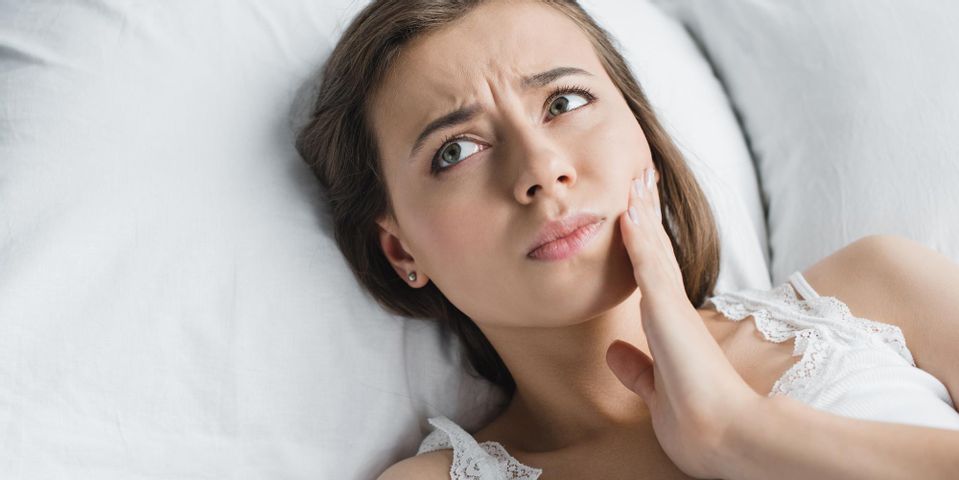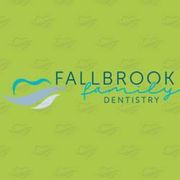
More commonly known as teeth grinding, bruxism occurs when people grind their upper and lower teeth. Some people grind their teeth at night while asleep, while others experience bruxism during the day. The guide below explains what causes this issue, how it affects oral health, and what orthodontists recommend doing about it.
A Guide to Bruxism
Causes & Dental Health Consequences
A reaction to stress and anger, some people grind their teeth during waking hours when they’re at work or while dealing with personal relationship issues. They may be aware of their actions or grind their teeth absentmindedly.
Others grind their teeth while at rest because of bite misalignments, sleep apnea, and other disorders, such as attention-deficit/hyperactivity disorder (ADHD), night terrors, epilepsy, gastroesophageal reflux disorder (GERD), Parkinson’s disease, and dementia. Medication side effects can also result in bruxism, while those with a family history of the disorder are also at risk.
Teeth grinding eventually wears down tooth enamel, exposing the underlying tooth roots that are sensitive to biting actions as well as hot and cold foods. Those who grind their teeth at night often wake up with headaches, sore jaws, and facial pain. Without treatment, bruxism can cause or exacerbate temporomandibular joint disorders and even loosen teeth. It also damages dental restorations, such as crowns and implants.
Treatment Options
 If you believe you have nighttime bruxism, make an appointment with your orthodontist for a diagnosis and customized treatment plan. Night guards—or special mouthguards worn during sleep—protect teeth from grinding actions. The orthodontist will also recommend lifestyle tips that decrease your risk, such as lowering your caffeine, alcohol, and caffeinated food consumption.
If you believe you have nighttime bruxism, make an appointment with your orthodontist for a diagnosis and customized treatment plan. Night guards—or special mouthguards worn during sleep—protect teeth from grinding actions. The orthodontist will also recommend lifestyle tips that decrease your risk, such as lowering your caffeine, alcohol, and caffeinated food consumption.
Lifestyle tips apply to daytime bruxism, such as identifying stress triggers and finding healthy ways to relieve tension and anxiety, including exercise, meditation, and deep breathing techniques.
Orthodontists and physicians recommend cutting back on alcohol and caffeine for daytime teeth grinding, as well as refraining from chewing pens or anything else that conditions your jaw muscles to clench. Becoming more mindful about teeth grinding helps as well, with some patients using behavioral therapy such as hypnosis to end bruxism.
Whether you have bruxism symptoms or require orthodontist care for any other reason, make an appointment with Fallbrook Family Dentistry in Lincoln, NE. Offering services such as dental implants, dental surgery, teeth whitening, and dental cleanings, this office is committed to caring for patients of all ages. Call (402) 467-0007 today to schedule your appointment or visit the orthodontists online for new patient information. Get more dental care tips on Facebook.
About the Business
Have a question? Ask the experts!
Send your question

